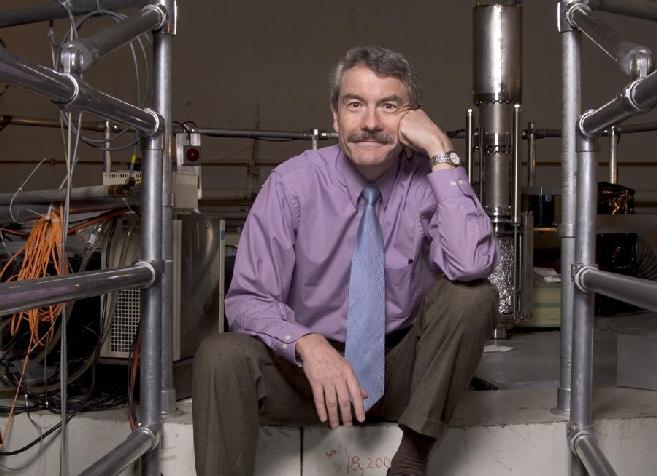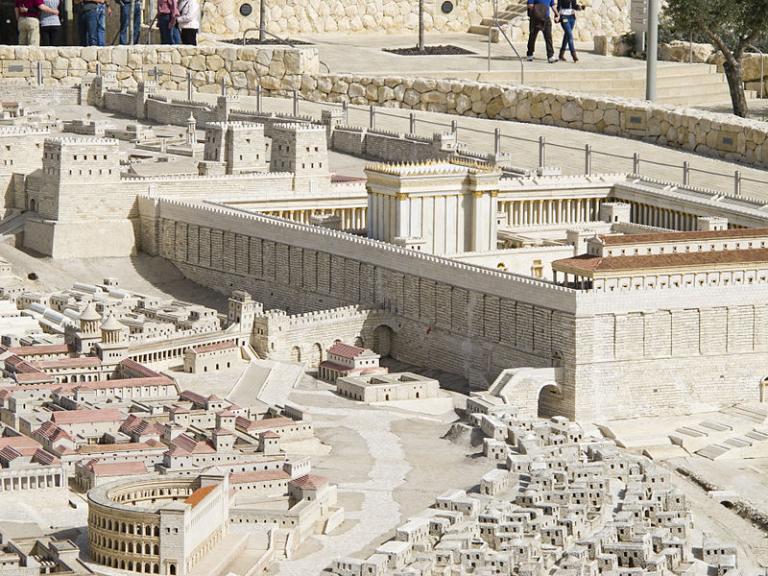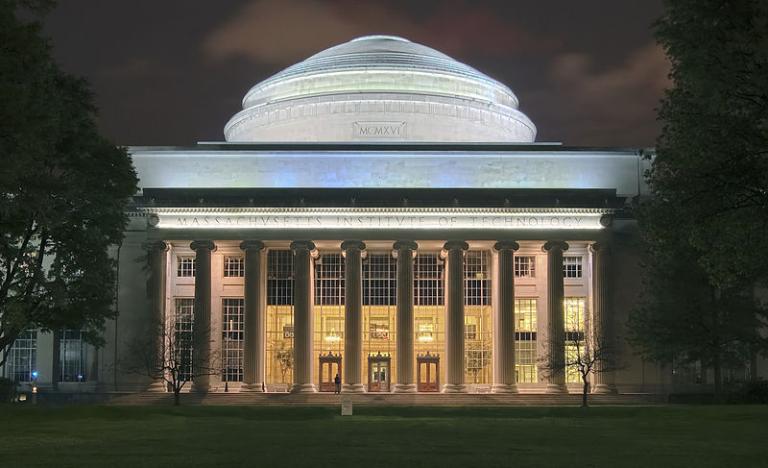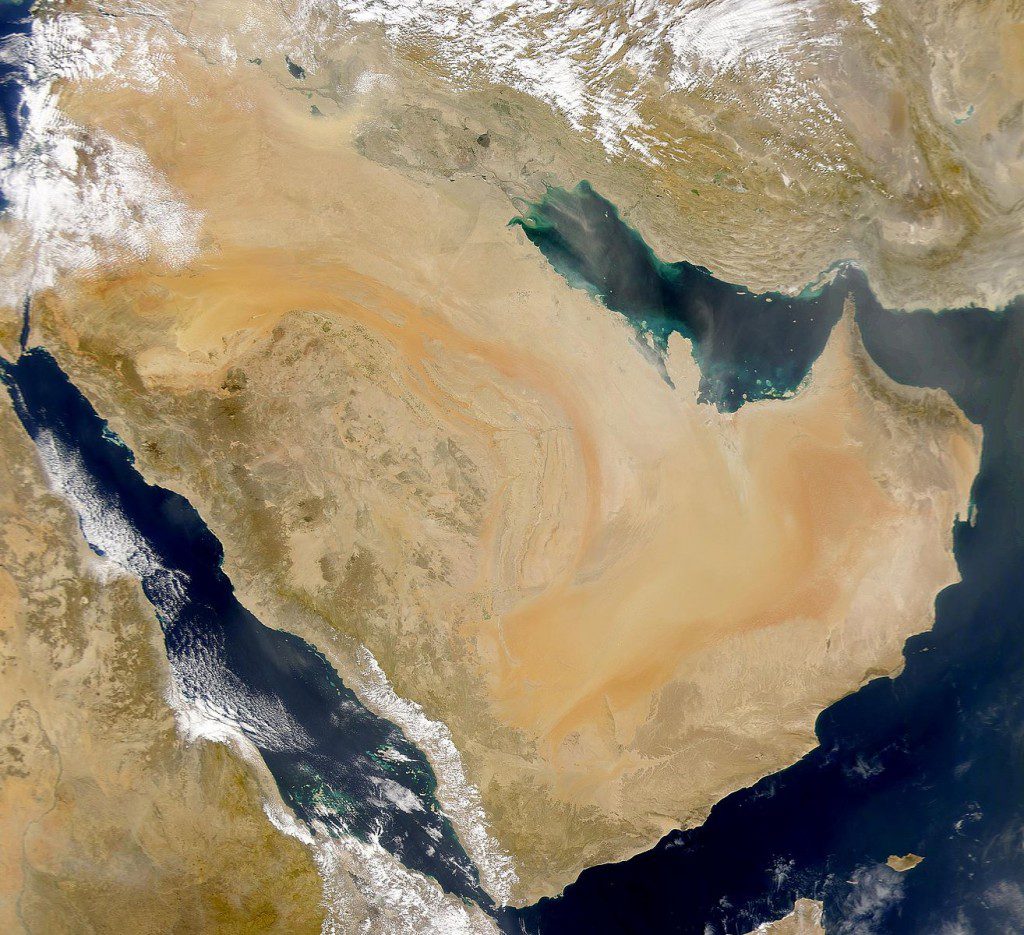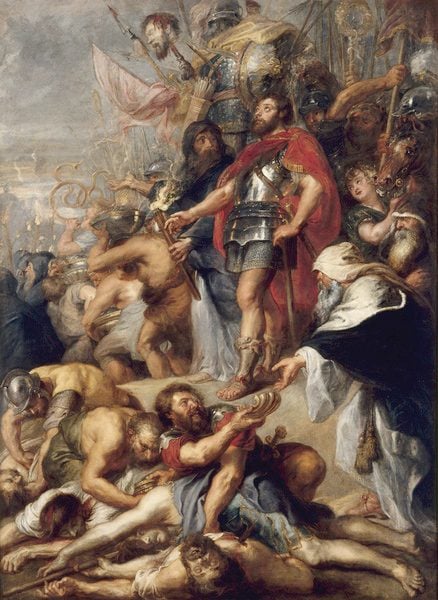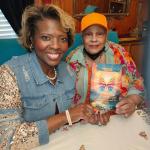In his book Monopolizing Knowledge, MIT plasma physicist Ian Hutchinson first cites a passage from Chance and Necessity, by the Nobel Prize-winning biologist Jacques Monod: The cornerstone of the scientific method is the postulate that nature is objective. In other words, the systematic denial that ‘true’ knowledge can be got at by interpreting phenomena in terms of final causes–that is to say, of ‘purpose.’ Hutchinson agrees that Monod has correctly characterized science, and then proceeds to... Read more


